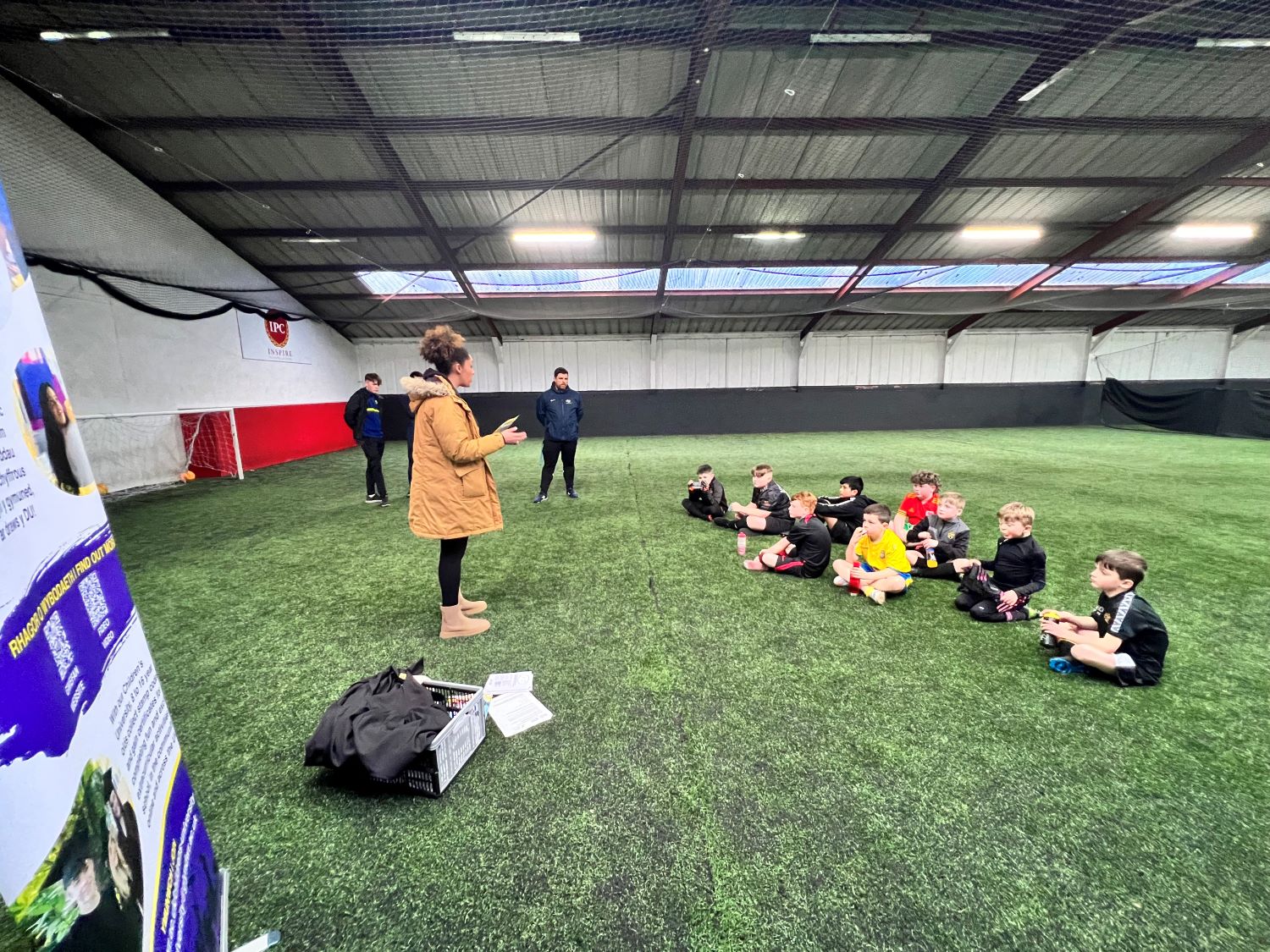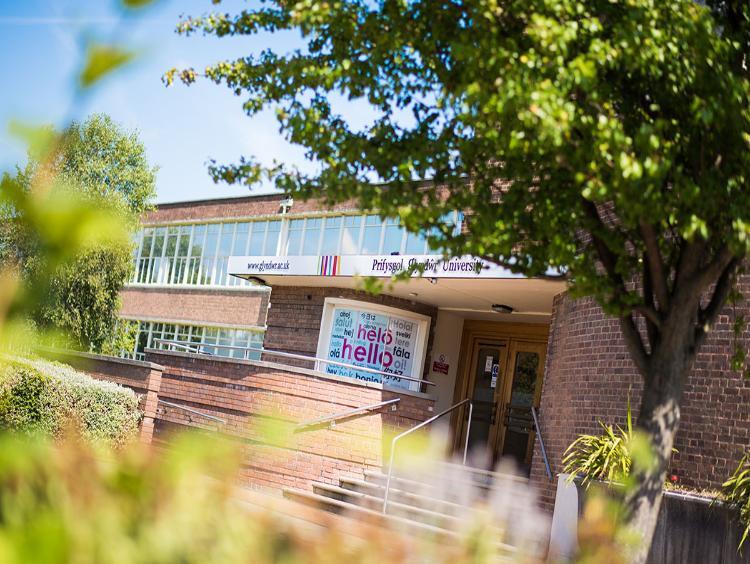Learning Destinations
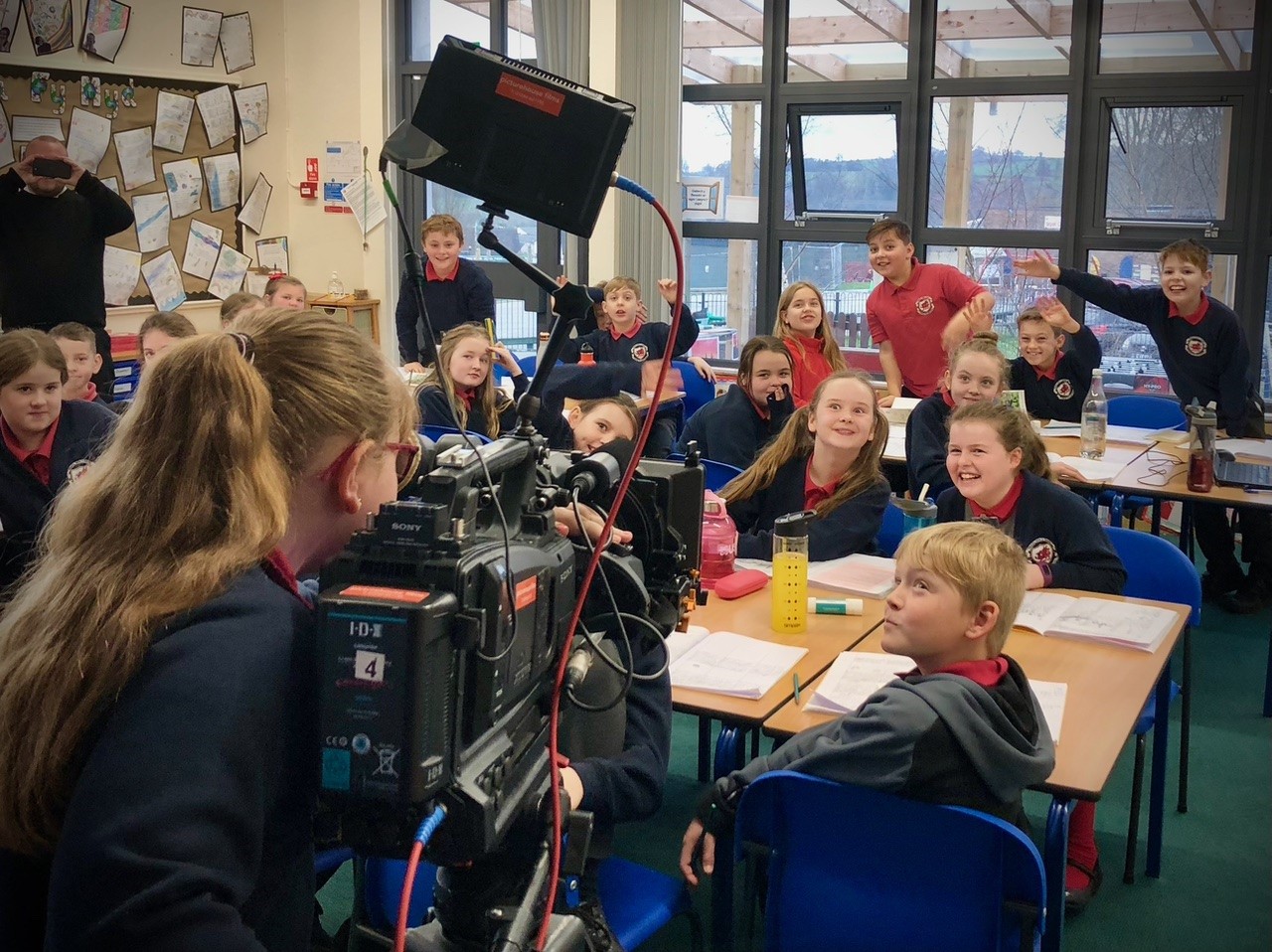 What is a Learning Destination?
What is a Learning Destination?
This is the name we use to refer to organisations or places, who are signed up to the Children’s University, who offer high quality, extra-curricular activities for children and young people to earn credits in extra-curricular and volunteering activities inside and outside of school.
They are voluntary activities which means that a child or young person has chosen to take part in them as they are usually outside of the normal school curriculum.
Are there different types of Learning Destinations?
A Public Learning Destination is the name given to publically accessible places such as museums, libraries, theatres, zoo’s etc.
A Restricted Learning Destination is the name given to those that are not open to the public such as after school clubs, work places and clubs that require a membership.
There are also Learning Destinations that are available nationally, such as the National Trust, which are open to all CU members, regardless of their home location.
If you do have online activities that could be offered nationally, please get in touch with the team to discuss your options for that activity.
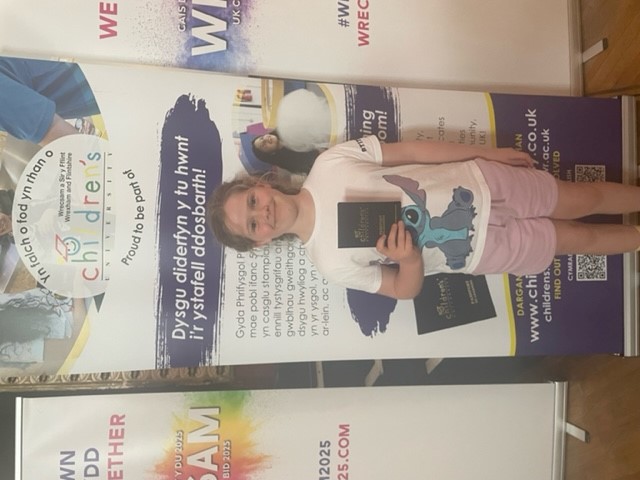
What do I need to do to become a Learning Destination?
It is quick, easy and FREE to become a Learning Destination. There is some administrative work to begin with as we need details of all of the activities you wish to validate. Validation involves filling in a simple, online form to ensure that you deliver a high quality, safe experience for our CU members.
You can validate more than one activity as long as they are different. For example, a football club may validate their Saturday morning football, a football holiday camp and after school football at the local primary school. They would each have a different code. A member of the team may call you, once your form has been submitted to talk through your provision.
What is a ‘stamp code’?
A stamp code is a very brief secret code that is unique to every activity that children can do. These codes are short and easy to write into a passport, made up of just a colour and a 4 digit number. Once earned, children and young people log into Children’s University Online, to their individual dashboard and add the codes. This helps them see how they are progressing towards the next award level; reflect on the skills they are building whilst being encouraged to try something new and exciting.
Once you are a registered as a Children's University Learning Destination, all you need to do, is sign or stamp a child's Passport.
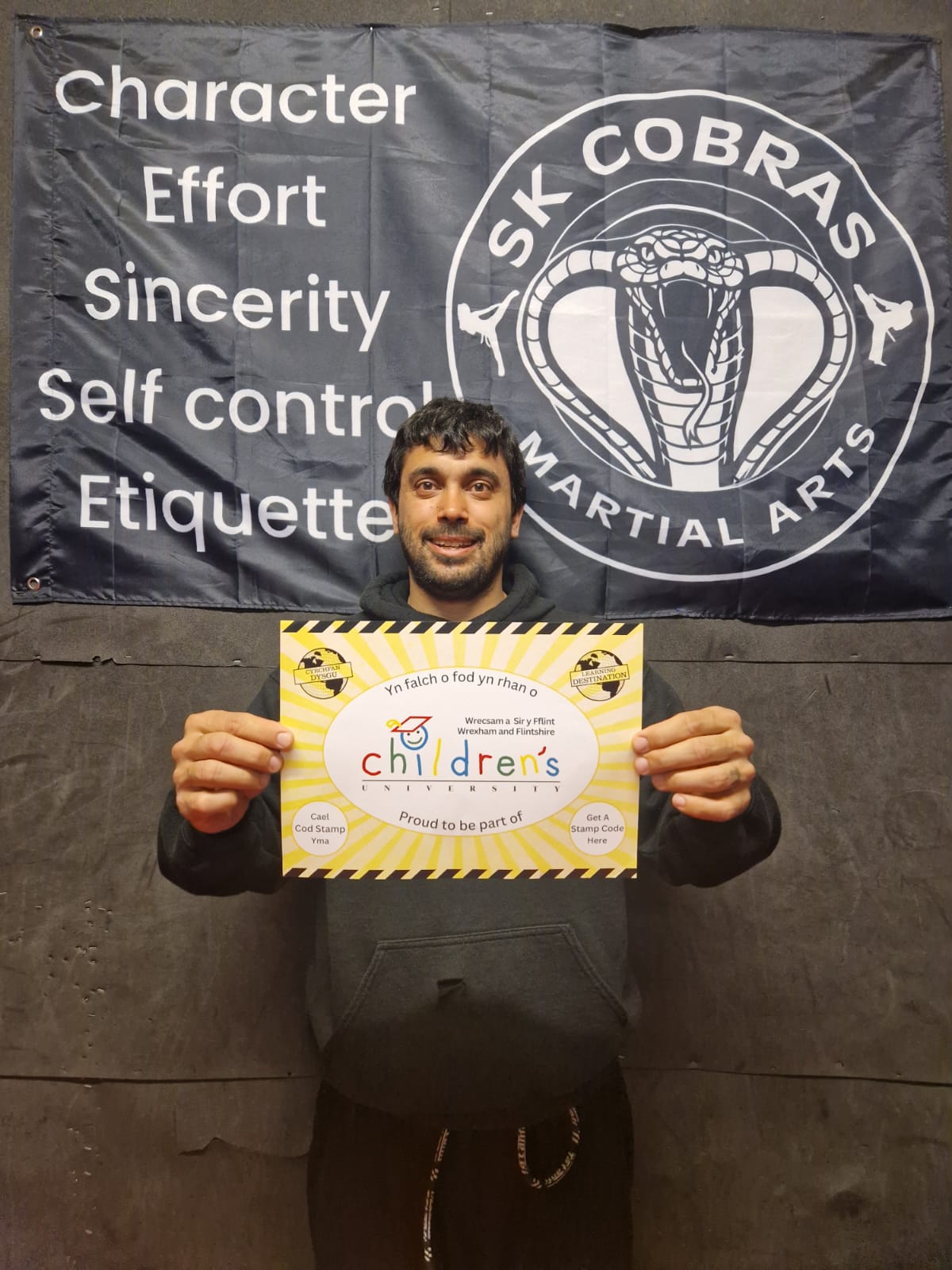
Why should I become a Learning Destination?
After you are validated, we will give you a CU Learning Destination logo to display prominently in and outside your organisation. You will also be able to include the Learning Destination logo on literature, letter headed paper, and you will have be listed on the Children's University website. We will also promote your services periodically on our social media sites.
Disclaimer
Please note – Children’s University only validates the learning that takes place at Learning Destinations.
As part of the validation process on Children’s University Online, all Learning Destinations acknowledge, twice, that matters of Health and Safety, Public Liability, GDPR and Safeguarding remain their responsibility and that they are expected to operate to their statutory requirements in these areas. Covid-safety is part of this. Wrexham & Flintshire Children’s University do not review DBS records, Health and Safety, Safeguarding or any other statutory policies. Wrexham & Flintshire Children’s University will not accept responsibility or liability for matters of Health and Safety, Public Liability, GDPR and Safeguarding which remain the sole responsibility of the activity providers either the School and/or Learning Destinations.
Any more questions?
Get in touch with the Wrexham & Flintshire Children’s University team by emailing the team at childrens.university@glyndwr.ac.uk.
You may also wish to watch and share this really short video, which explains the purpose and importance of the Children’s University and if you have any questions please do not hesitate to get in touch via childrens.university@glyndwr.ac.uk
